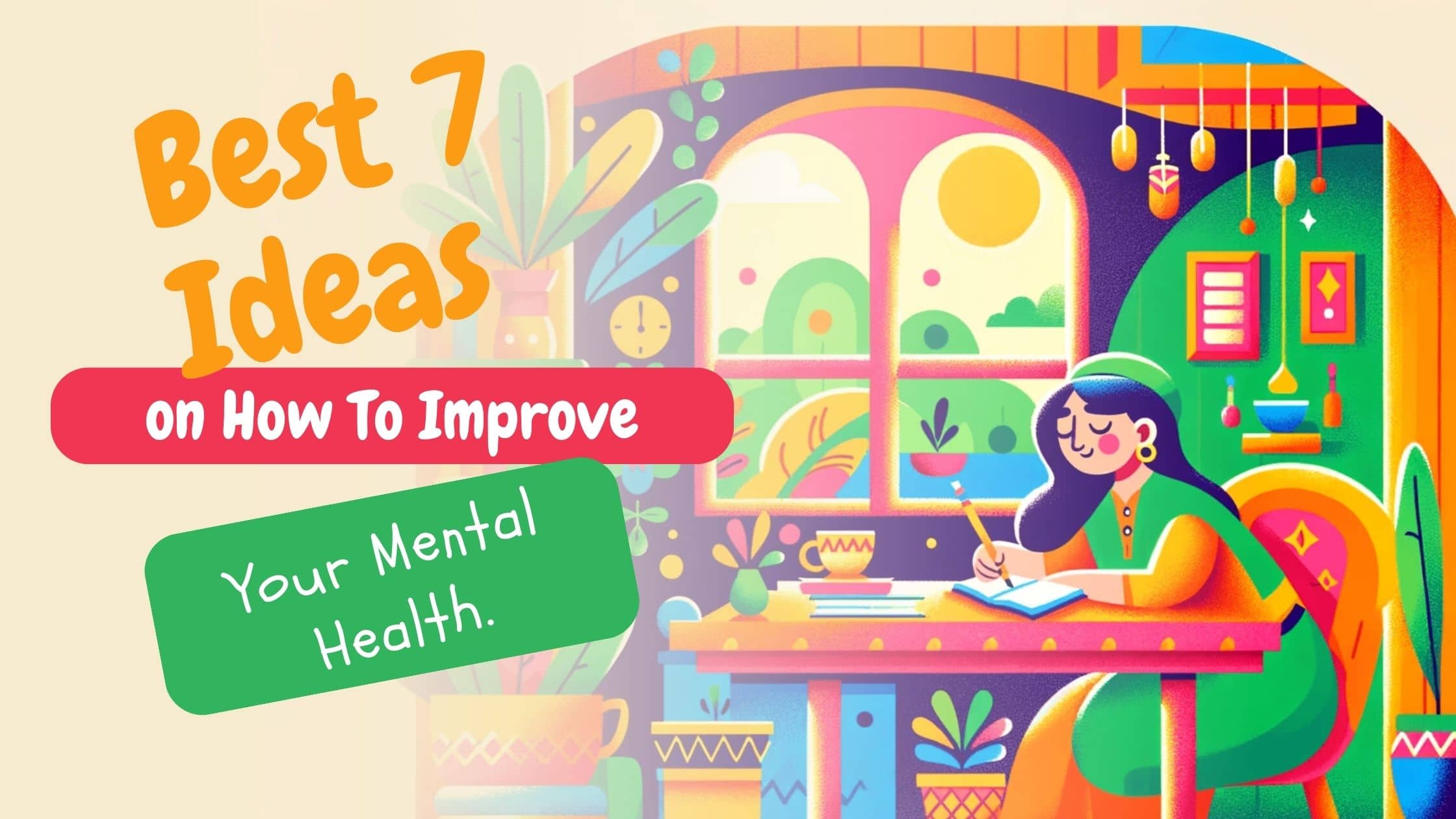Understanding Stress: Its Impact and Management.
Stress: A Natural Response with Modern Implications
Stress is a natural, biological response originally designed to help our ancestors survive threats in their environment. Today, while our challenges have evolved, our body’s response remains the same. Stress triggers the fight or flight response, which is meant to prepare us for action, whether that means facing a challenge head-on or choosing to step back.
Usually, the body returns to a calm state after the stressor has passed, but problems arise when stress becomes a chronic condition in our lives.
The Origins of Stress
Historically, stress was a survival mechanism that helped humans avoid danger while hunting or gathering. In modern times, stress still plays a protective role, such as helping you avoid a car accident or meet a tight deadline. It’s important to recognize that not all stress is harmful. Eustress, or positive stress, can bring a sense of fulfillment and motivation.
Distress, on the other hand, can lead to prolonged anxiety and can be detrimental to mental and physical health. Interestingly, a lack of stimulation, such as a stagnant job, can also cause distress.
Understanding Stress
The Prevalence of Stress in Modern Society
A study by the American Psychological Association highlights that stress is a common experience, with 80% of Americans reporting at least one symptom of stress in the past month. Feeling stressed occasionally is normal, and it’s crucial to understand how your body reacts and recovers from stress.
Physical Effects of Stress on the Body
The fight or flight response triggered by stress causes several physiological changes, including an increased heart rate, a rise in cortisol levels, and higher blood pressure. These changes are typically short-term and don’t cause long-term health issues. However, prolonged or chronic stress can lead to several health problems, such as:
- Tension headaches are often worsened by stress.
- Elevated risk of depression or feelings of sadness.
- Heartburn due to increased stomach acid.
- Insomnia, making it hard to fall and stay asleep.
- Weakened immune system, reducing the body’s ability to fend off illnesses.
- Stomach pain or digestive issues.
- Fertility problems in both men and women.
- Muscle soreness and tension.
Individual Variations in Stress Response
Stress is a subjective experience, and what may be stressful for one person might not affect another in the same way. If everyday tasks or challenges seem overwhelming, it’s beneficial to explore strategies for managing stress. These could include talking to a friend or healthcare professional, practicing breathing exercises, or writing down problems to tackle them logically.
Understanding Stress
Coping Strategies for Stress
Learning how to manage stress is crucial for maintaining mental and physical health. Some effective strategies include:
- Breathing Exercises: Techniques like deep breathing can help calm the mind and reduce the physical symptoms of stress.
- Journaling: Writing down your thoughts and concerns can provide clarity and help find solutions to challenges.
- Physical Activity: Engaging in regular exercise can reduce stress levels and improve overall health.
- Healthy Eating: A balanced diet can support your body’s ability to cope with stress.
- Adequate Sleep: Ensuring you get enough restful sleep is crucial for stress recovery.
- Mindfulness and Meditation: Practices like meditation can help center your thoughts and reduce stress.
- Social Support: Talking to friends, family, or professionals can provide emotional support and practical advice.
- Time Management: Organizing your time effectively can reduce the feeling of being overwhelmed by tasks.
Empowering Yourself Against Stress
Understanding that stress is a normal part of life and learning how to manage it effectively can significantly improve your quality of life. By recognizing the signs of stress and implementing coping strategies, you can maintain a healthier, more balanced state of mind and body.
Remember, managing stress is not eliminating it but finding healthy ways to deal with life’s challenges and pressures.











